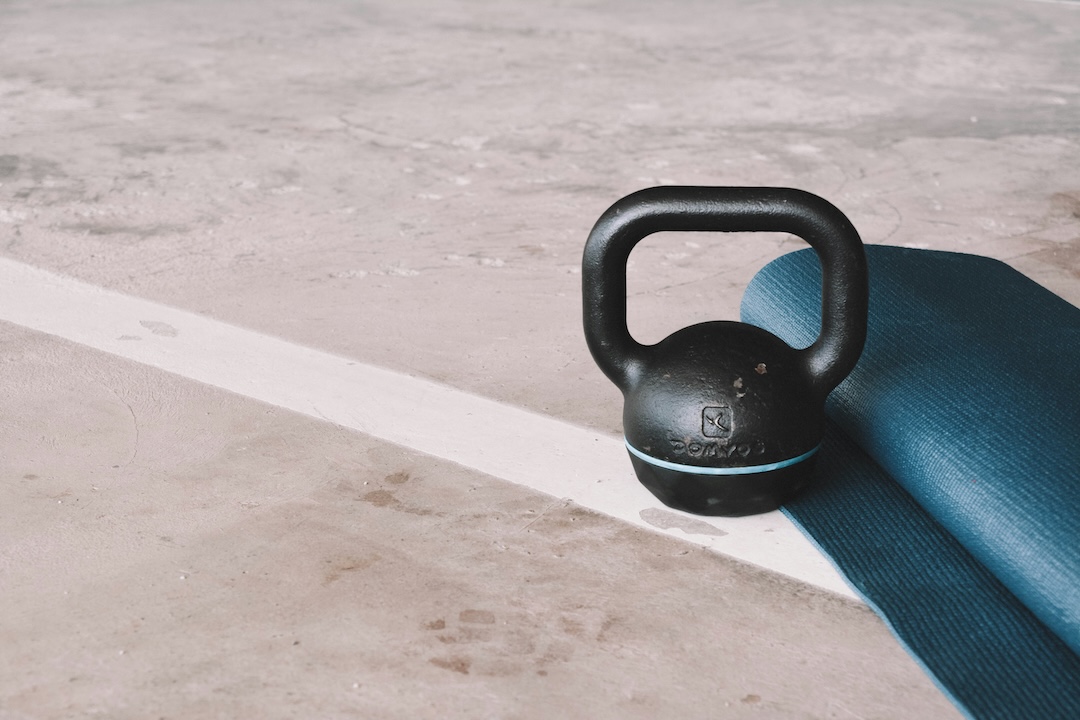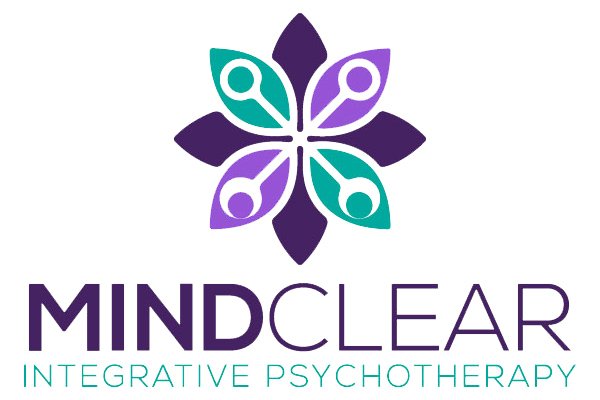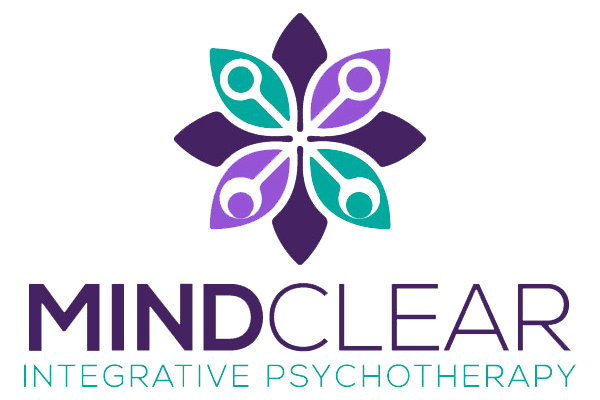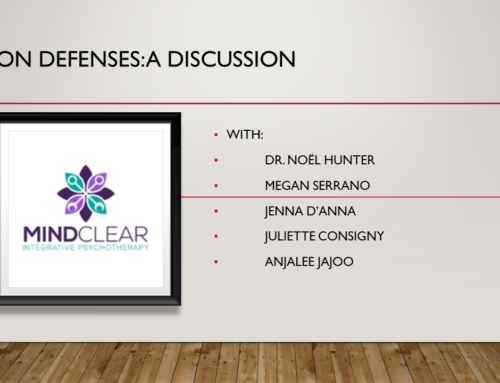Mental Health Benefits of Exercise

Photo by Content Pixie on Unsplash
Did you know that walking only 1,000 steps a day can lessen your chances of being depressed?! It’s true! That’s how powerful simple movement can impact your well-being. The mental health benefits of exercise are immense.
With the new year comes the annual declaration of resolutions. Gyms everywhere become crowded with people who are really motivated and determined to make this year the year; the year that you finally get in shape. But, by February, most of those folks are gone.
Losing weight and looking like a supermodel are not great motivators. Neither is forcing yourself to do something that you don’t particularly feel great doing (hello, burpees anyone?!).
On the other hand, doing something that not only makes your body feel good but also makes you possibly … happy, well now that’s something that you can stick with. Regular physical activity, including gardening, walking, dancing, standing on one leg while watching tv, can prevent age-related cognitive decline, reduce the risk of some cancers, and improve heart health. More importantly, however, is that it can make life more enjoyable.
Check out some of the more specific ways that certain forms of movement can make you feel good…
Walking
Do you find yourself feeling the pressure of committing to running a 5k or finally joining that HIIT class that burns 8000 calories in an hour? While those might be great goals for some, they are excessive for most and simply lead to giving up. When it comes to focusing on general health and emotional well-being, going for a walk can be enough.
As little as two and a half hours per week of brisk walking lowers your risk for depression! Something about moving your body in the way it’s just meant to makes it and YOU happier. Finding a way to take a 20-minute walk at lunch, can significantly decrease cortisol in your body. That means you automatically become less stressed during an otherwise busy and stressful workday.
Living in the city is demanding. Urban environments increase your physiological stress levels and put you more at risk for all mental health conditions, including even psychosis. Walking for an hour in nature, however, combats that! A simple walk in Central Park can affect the areas of the brain related to stress and essentially make them all chill out.
Nature
While walking is great for your mood and stress levels, not all walks are created equal. Finding a way to be in nature can really boost your odds tremendously. Isn’t it great that in New York City you have the option of so many parks, waterways, and rooftops that allow you to really immerse yourself in nature!?
Apparently some smart folks on TikTok already figured out how powerful being in nature can be. The #stupidwalkchallenge garnered a few thousand posts and millions of hits demonstrating people angrily and begrudgingly taking a stupid walk for stupid mental health. You can guess what happened in each of these videos.
Artificial sunlight has been shown to be an effective treatment for seasonal depression. In fact, sunlight is as effective as antidepressants in improving depression, more generally.
Being outdoors, especially when being physically active, has consistently shown across 100s of studies to improve mental wellbeing, as well as physical and cognitive benefits. Even just a daily 10 minute walk can help with mood, energy, and attention.
Although intentional exposure to nature is most effective for mood, it has also been demonstrated to have significant effects on all mental health struggles and overall quality of life. In fact, consistent exposure to green (the park!) and blue (go visit the Hudson River walkway!) spaces is associated with a pretty hefty decrease in the risk of ALL diagnosable psychiatric disorders, including dementia, substance abuse, and psychosis. The best part is that it’s free!
Yoga and stretching
Yoga and meditation in the United States is widely varied in type, focus, and association with more religious overtones. That variety means that there is something out there for almost anybody, including you. The great news is that the most relaxing and simplistic forms of yoga and meditation are enough to help with your mental health.
Yoga is well-established at this point in being an effective intervention for depressed mood, stress management, and anxiety. It has also been shown to be an ancillary treatment option for trauma and psychosis.
Across numerous studies and thousands of participants, yoga and meditation have been shown to be quite helpful in reducing anxiety, hypervigilance, and other trauma-responses. These effects are independent of style of yoga or the people participating. Learning to be mindful in your body, moving in slow and safe ways, all help with feeling safer and calmer.
Stretching, more broadly speaking, can also provide some benefits to mood and stress levels. If you don’t have time for a more formal yoga session, which also includes breathing and mindfulness exercises, taking a 5-10 minute break to stretch can boost your mood and help you feel more alert and calm.
Weightlifting
For those interested in a exploring a bit more than walking and stretching, a solid weight-lifting routine can further expand the mental health benefits of exercise. It promotes the mind-body connection, as it’s pretty hard to lift a heavy weight and not pay attention what your body is doing. Done correctly, lifting weights can also help you feel strong and empowered. This is profoundly important for people who have spent their lives in a state of fear, victimization, and disempowerment.
Weightlifting programs have some evidence of healing trauma, decreasing depression, and improving confidence and self-esteem. While lifting weights doesn’t have a measurable effect beyond general exercise for most, when lifting heavy and consistently, women especially begin to experience the compound effects over time.
Team Sports or Running Groups
It may seem scary to many to think of joining an adult sports team or running group, but the added benefit of socializing and connecting with others might just be worth it.
Engagement in sports as an adolescent has been shown to mitigate the long-term effects of trauma. Joining an adult team sport is associated with all of the benefits discussed thus far with the addition of increased sense of emotional support system, sense of belonging, and higher self-esteem.
So Now What?
Your body craves movement. It also thrives when it’s able to connect with nature. Finding ways to honor this can have profound and long-lasting effects on your psychological well-being. The best part is that these effects also compound over time: the more you move, the more energy and motivation you have, leading you to be able to move more, leading to more gains, and so on.
The exercises listed here are the most studied academically. What’s more important is what you would enjoy. Swimming? Boxing? Dance? Surfing? Zumba? It doesn’t matter how you exercise so much as that you do it.
If you’re someone who struggles to get out of your house when not forced to, start where you’re at. When you get up to get a drink or go to the restroom, do a couple squats along the way. Stand on one foot while you stare into the fridge for the best treat. Stretch a little while on the couch watching tv.
Getting yourself to just walk 20 minutes a day is a great way to build more mental stamina and feel better. Park further away from the entrance to the grocery store. Take the subway that’s one stop away and get off one stop early. Walk in place while on the phone or watching tv.
Starting to exercise doesn’t have to be the slog of hours at the gym and torturous sweat sessions that make you want to cry. Just move! Your body and mind will thank you for it.









